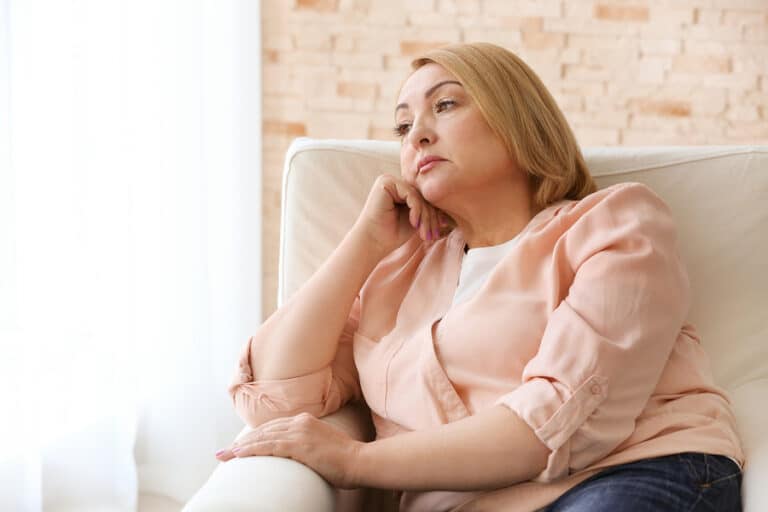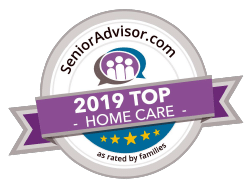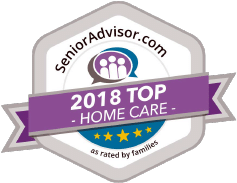
The American Psychological Association reports that two out of ten older adults have a mental disorder. A fraction of those people actually sees a mental health professional for help.
Depression is the leading mental health issue among older adults. Anxiety is also common. Is it possible that your mom is depressed? Common signs include withdrawing from former interests and social activities, mood swings, irritability, and insomnia.
Anxiety may make it hard for your mom to settle. She may find it hard to concentrate on things and not like to be away from home. If the anxiety builds to panic attacks, she may feel like she’s having a heart attack with signs like chest pain, a rapid heart rhythm, and tingling in the hands and feet.
How Can You Help Her?
How do you help your mom when she’s experiencing a mental health issue? First, talk to her doctor. She may not want to bring it up, but she needs to be assessed. There are helpful techniques like regular exercise, meditation, and practicing mindfulness that ease her distress.
Therapy sessions with a professional help her vent frustrations and fears and work on managing her feelings. Support groups make a big difference if she’s recently widowed or diagnosed with a chronic health issue.
Second, explore her daily routine. If she lives alone, depression and anxiety may be increasing due to isolation and loneliness. Arrange to have someone spend time with her as often as she wants. Depression may cause her to want to withdraw, so you’ll need to develop ways to have people stop by without upsetting your mom.
Sometimes, a healthier diet can help with anxiety. Talk to your mom about foods to avoid, such as sugary treats and foods that are high in fat. While comfort foods may ease her distress, the sugar and fat replace the vitamins she needs to help with brain health.
What If She Needs Medications?
Some people find their mental health improves with the use of medications. If your mom’s doctor does prescribe an anti-anxiety medication or antidepressant, she may feel comfortable having a person with her when she takes them. Professional caregivers offer companionship, medication reminders, and transportation if she needs to go to an appointment.
When depression is a risk, make sure your mom socializes regularly. Home care aides help with social activities and companionship. Talk to a home care assistance specialist to learn more about services like transportation to local senior centers and social events at libraries and museums. Learn more about having home care assistance aides stop by and keep your mom company.
If you or an aging loved-one are considering Home Care Assistance in Greensboro, NC please contact the caring staff at Affordable Family Care. Serving Raleigh, Greensboro, and the surrounding areas in North Carolina. Call today 919-676-1070.
Sources:
https://www.apa.org/advocacy/health/older-americans-mental-behavioral-health
- Does Your Mom or Dad Need 24-Hour Home Care? - March 27, 2025
- Why Sun Protection Is So Important For Seniors - March 7, 2025
- Choking Risks With Alzheimer’s Disease - February 25, 2025







